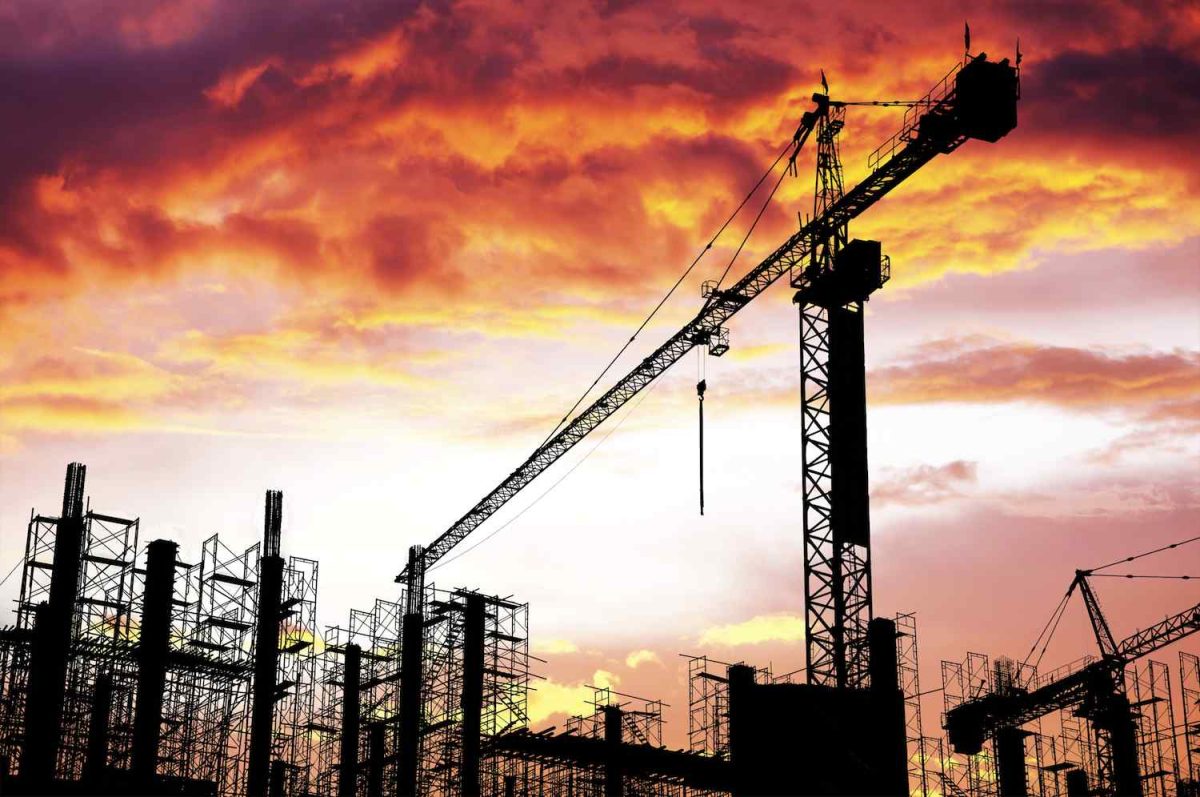
Last week, President Cyril Ramaphosa delivered his State of the Nation Address (SONA) for 2021 against the backdrop of the Covid-19 pandemic. As it has only been four months since the president stood before Parliament to present to the nation the Economic Reconstruction and Recovery Plan, he clarified that his intention for this SONA was not to deliver new pledges but rather to report on progress in the implementation of the recovery plan as well as the priority actions South Africans must now take to restore growth.
“The year ahead must be a time for change, for progress and for rebirth. It must be a year in which we rise. This is no ordinary year, and this is no ordinary State of the Nation Address,” he stated.
Since the launch of this plan, the South African government has focused on four priority interventions: a massive increase in local production, an employment stimulus to create jobs, a rapid expansion of its energy generation capacity and finally the rollout of infrastructure throughout South Africa – home to dmg events’ construction, trade, food and transport events. With that in mind, what are the developments and announcements relevant to our local portfolios?
Exports of products and SMMEs
In his speech, the President highlighted that a priority of the Recovery Plan was to support a massive increase in local production and to make South African exports globally competitive. This, he explained, will encourage greater investment by the private sector in productive activity. Key to this plan is a renewed commitment from government, business and organised labour to buy local. That said, his commitment should lead to increased local production, which will lead to the revival of South Africa’s manufacturing industry.
In 2020, South Africa undertook to create a larger market for small businesses and designated 1000 locally produced products that should be procured from SMMEs. As the Covid-19 pandemic forced the closure of global value chains, South Africa has been able to speed up this initiative as the local supply chains became open for locally manufactured products. And as such, the departments of Small Business Development and Trade, Industry and Competition are supporting SMMEs to access larger domestic and international markets.
“They have identified 42 products – ranging from edible oils to furniture, fruit concentrates, personal protective equipment, steel products and green economy inputs – that can be sourced locally,” he said.
Finally, in a bid to stimulate South African growth, all social partners who participated in the development of the Economic Reconstruction and Recovery Plan as part of a social compact have agreed to work together to reduce reliance on imports by 20% over the next five years. Should the country achieve this target, it will significantly expand its productive economy, potentially returning more than R200 billion to its annual output!
Infrastructure and smart city development
The South African government’s R100 billion infrastructure fund is now in operation and, as Ramaphosa highlighted, the country has billions of rands in planned infrastructure development, including upgraded highways.
Government has since launched two major human settlements projects that will provide homes to almost 68 000 households in the Gauteng Province. Furthermore, the Infrastructure Investment Plan identifies road projects worth R19 billion covering the spine of the country’s road network. Such projects will lead to the revival of the construction industry.
“We have now developed an infrastructure investment project pipeline worth R340 billion in network industries such as energy, water, transport and telecommunications. This includes the rehabilitation of the N1, N2 and N3 highways, the student housing infrastructure programme, and the Mokolo and Crocodile River water project.”
In addition, the President announced that government is currently ‘conceptualising’ a number of post-apartheid smart cities in provinces around the country. He said that these infrastructure projects form a key part of the government’s Covid-19 recovery plan and as such, Lanseria Smart City will become the first new city to be built in a democratic South Africa.
“The draft masterplan for this smart city – which will become home to between 350,000 to 500,000 people within the next decade – was completed in November 2020 and is now out for public comment.
In closing, Ramaphosa delivered a message of hope. “Just as a harsh fire gives new life to our country’s fynbos, this crisis is an opportunity to build a different, better South Africa. Rebuilding our country requires a common effort. It requires that every South African takes responsibility and plays their part.”
More news
- REFRATECHNIK ASIA NEW ASSOCIATE CORPORATE MEMBER OF WCA
- PART 5: SA’S TRADE DILEMMA: A PODCAST DISCUSSION WITH DONALD MACKAY
- STATE-DRIVEN OPPORTUNITIES FOR SA CONSTRUCTION COMPANIES BUT MANAGING RISK IS A PRIORITY
- PART 4: SA’S TRADE DILEMMA: A PODCAST DISCUSSION WITH DONALD MACKAY
- CONCOR KICKS OFF OXFORD PARKS BLOCK 2A PHASE I PROJECT

